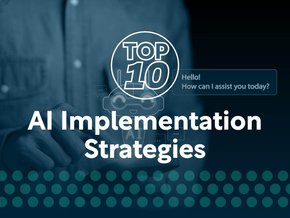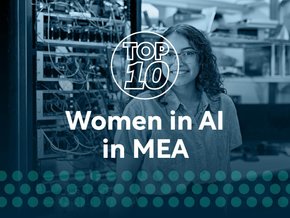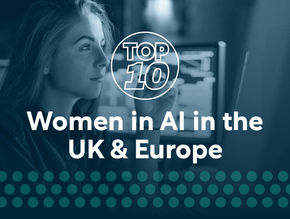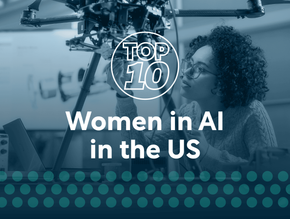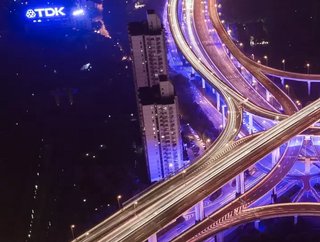
Cities are continuously innovating with the help of artificial intelligence. Due to the AI technology used within smart cities, these cities are then able to control the traffic, waste and maintenance as well as predicting the energy consumption, pollution risks, and the effects on the environment. Smart cities cause lesser effects on climate change, smarter decisions and improved quality of life, in this list we take a look at ten ways artificial intelligence helps make this possible.
10. Security

Security camera footage is typically reviewed when a crime has been reported, this doesn't prevent or stop crime. Security cameras that use artificial intelligence have the ability to analyze footage in real time and detect criminal behaviour which can then be instantly reported and dealt with. These cameras can also detect people from their clothes, allowing the technology to find suspects quicker than ever.
9. Maintenance
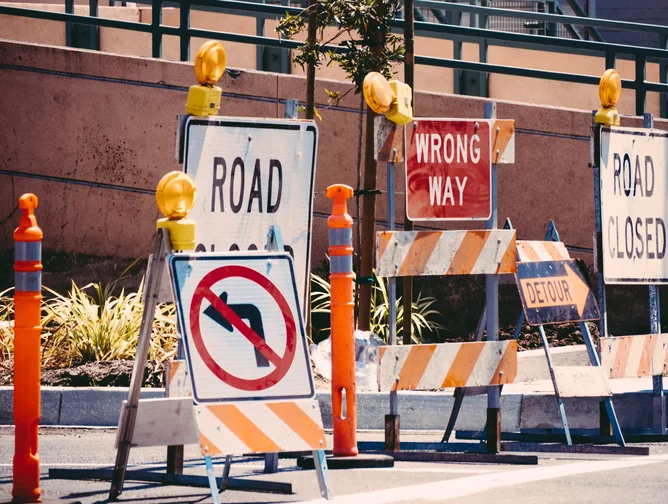
A company called RoadBotics has developed a technology using artificial intelligence that has the ability to analyze road imagery to then assess issues and produce cost effective solutions. This allows cities to know when and where repairs need to take place, and deal with them while saving money. This type of technology also improves safety within cities as problems will not go unnoticed.
8. Predicting Future Needs
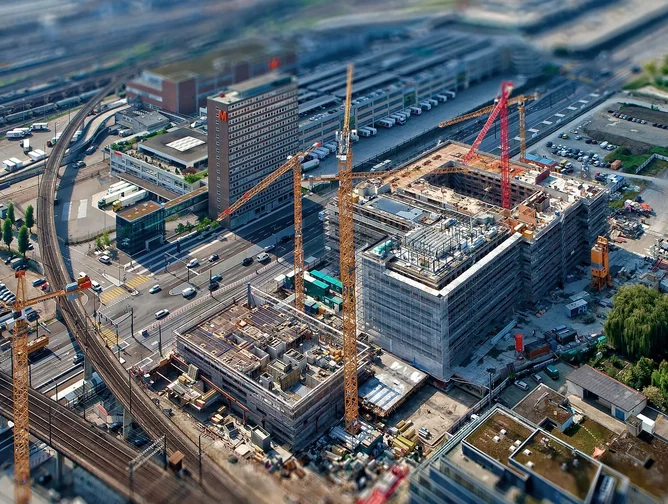
Smart cities that are innovating with AI technology are able to better predict future needs of the people. Using energy tracking technology allows cities to know when new energy sources are needed or when more sustainable methods can be implemented. Some AI technology can also predict and help plan on property developments, this means houses are put onto the market during periods they are needed.
7. Controlling Pollution

Scientists have developed technology which uses AI and machine learning to analyse the current pollutants and predict the pollution levels for the next 2 hours. This type of technology allows authorities to make decisions in advance to reduce their effect on the environment.
6. Parking Systems
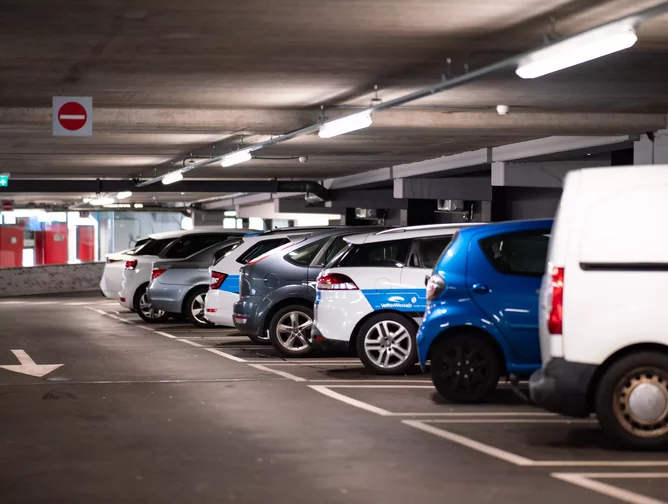
Using licence plate recognition technology, car parks are able to detect cars that have outstayed hours, this can also enforce payments and tickets. When AI systems are integrated throughout car parking areas space availability is able to be presented to awaiting users, some more advanced technology has the ability to recommend spaces depending on the car.
5. Public Transportation
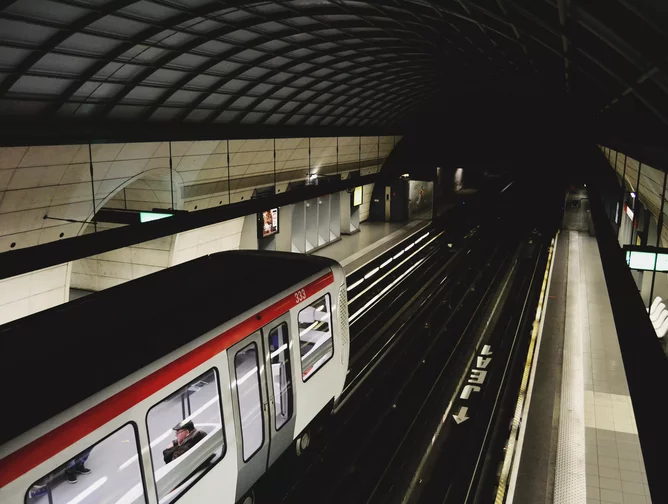
Public transport has been innovated with the use of AI to be used within smart cities. This technology allows public transport uses to receive and access live up dates and tracking, which improves timing and customer satisfaction. Automated busses are also planned to be used within cities, these can reduce emissions, improve routes, and increase the frequency.
4. Waste Management

Smart cities are beginning to use artificial intelligence within their waste management, this type of technology allows cities to track recycling, and identify what can be recycled in the area. Some cities in Sydney take this a step further and use AI powered robots to sort rubbish, as well as clean areas such as lakes and rivers.
3. Traffic Management
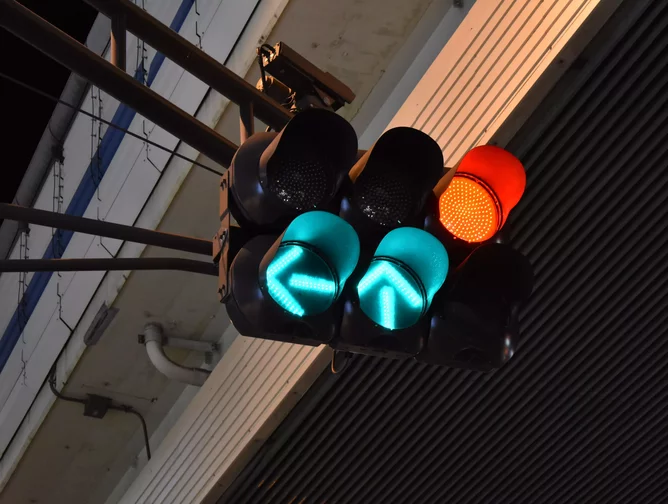
AI technology is being implemented within the transportation industry to reduce traffic and accidents. A traffic management technology known as CIRCLES has the ability to predict and reduce traffic, using deep learning algorithms, this can then reduce the pollution created by traffic too. AI can also be used throughout traffic camera systems to detect road crimes in real time, making them easier to deal with.
2. Energy Tracking
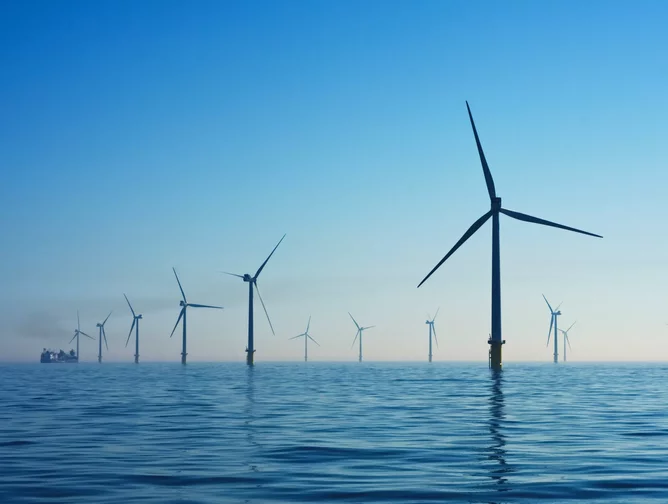
Artificial intelligence can be used within smart cities to analyze and track business and citizen energy usage, with this data it can then be decided where to implicate renewable sources of energy. This can also show cities where energy is being wasted and how it can be saved.
1. The Environment

Smart cities can use artificial intelligence to see their effect on the local environment, global warming, as well as the pollution level. Using AI and machine learning within pollution control and energy consumption, allows authorities and cities to make well informed decisions that are best for the environment. Smart cities also use AI to detect CO2 which can then lead to decisions around transportation.


